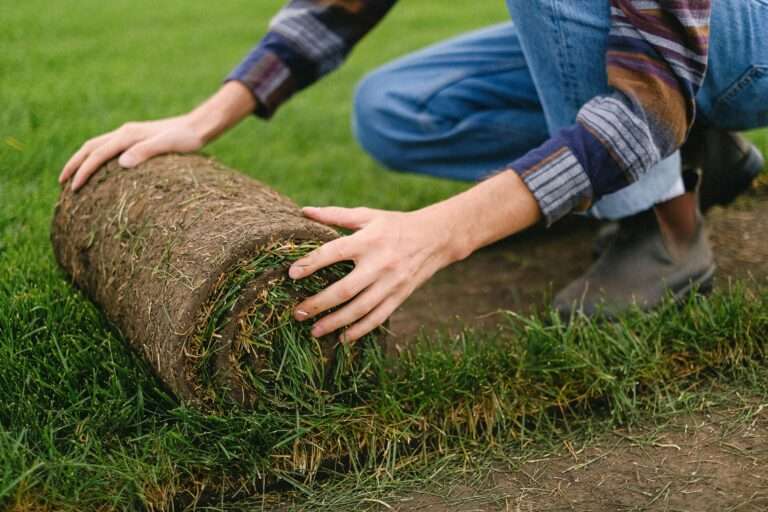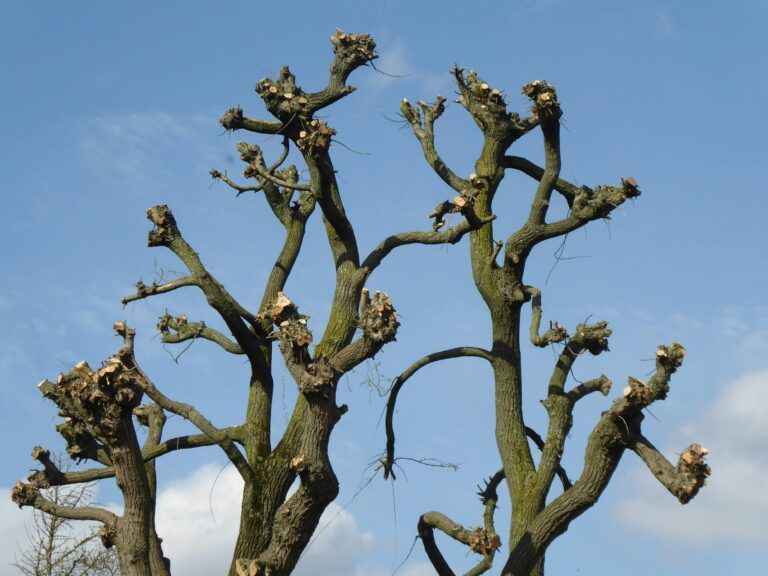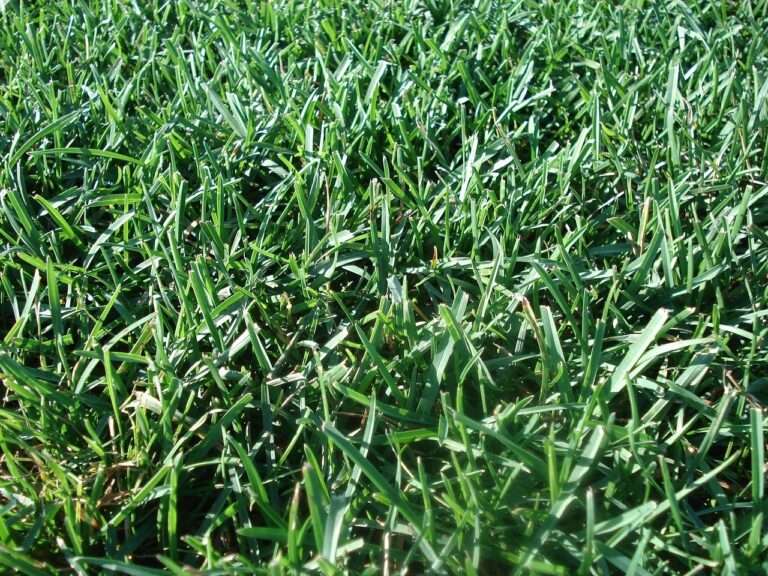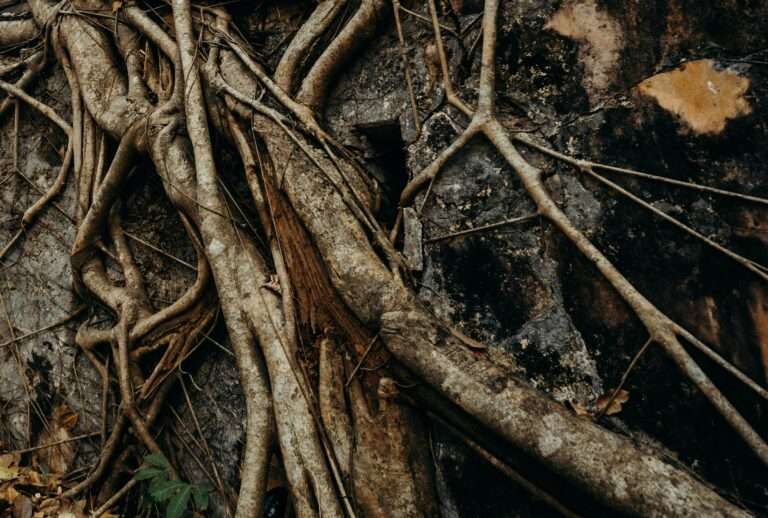How to Reduce Landscape Waste and Reuse Organic Materials
If your landscape cleanup always ends with piles of branches, leaves, and lawn clippings, you’re not just dealing with a messy yard; you’re dealing with endless opportunities. All that organic material can actually work for you instead of just getting hauled away.
By learning how to reduce landscape waste and reuse what your property already produces, you can save time, lower costs, and build a more sustainable landscape from the ground up.
Understanding What Landscape Waste Includes
Landscape waste is more than just what fills your green bin. It includes grass clippings, hedge trimmings, dead leaves, small branches, pulled weeds, and even soil or plant debris from replanting projects.
For property managers, figuring out how to reduce landscape waste is more than just a cleanup concern. Without a plan, you’re dealing with extra hauling costs and unnecessary clutter on the job site.
At Delk, we help clients across Eastern Washington and Northern Idaho reduce green waste in commercial landscaping with proactive cleanup and reuse strategies. Whether it’s a small seasonal job or a full-scale renovation, it’s easier than you think to cut back.
Put Your Yard Waste to Work
You don’t have to throw everything away. In fact, much of it can be reused on-site.
One of the best ways to start reusing yard waste in landscaping is with clippings and leaves. Grass clippings left in place can return nutrients to the soil. Leaves and small trimmings can be used as temporary groundcover around flower beds or under shrubs.
Want to keep weeds down and moisture in? Consider making mulch from landscape waste like shredded branches and dried plant material. You’ll spend less on mulch bags and get the added benefit of organic matter breaking down right into the soil.
When you’re smart about organic material reuse in landscaping, you’re not only reducing waste—you’re building healthier, more self-sustaining spaces.
Composting: A Smart Waste Solution
If you’re not composting yet, it’s worth a second look. Composting landscape debris turns yard waste into rich, usable soil over time.
Start with a mix of green (fresh) and brown (dry) materials—think grass clippings, dry leaves, and small branches. Turn the pile occasionally to speed up decomposition. Before you know it, you’ll have a nutrient-rich amendment for planting beds or turf repair.
On a larger scale, composting landscape debris can be handled off-site or with the help of a professional crew. Delk offers guidance on how commercial properties can turn debris into a long-term resource.
Knowing how to reduce landscape waste through composting makes a noticeable difference in landscape health—and it cuts down on expensive soil amendments over time.
Mulch, Don’t Dump
It’s easy to overlook the value of trimmings and branches. But with the right tools (or a landscaping partner who has them), these materials can become high-quality mulch.
Making mulch from landscape waste reduces the need for truckloads of store-bought mulch, which means fewer expenses and less plastic packaging. Mulch helps lock in moisture, protect roots, and keep weeds in check—all while putting that “waste” to work.
If you’re aiming for more organic material reuse in landscaping, mulch is a great first step. It’s simple, effective, and fits into nearly every type of landscape plan.
Instead of filling a dumpster, ask your crew to chip or shred clean material and place it back into the landscape. It’s one of the easiest ways to reduce green waste in commercial landscaping while improving performance.
Make Sustainability Part of the Plan
Sustainability doesn’t have to be a buzzword. It can be part of your weekly maintenance routine.
By using more sustainable landscaping practices, commercial properties can cut down on waste, reduce water use, and improve the overall look and health of their grounds.
When you reduce green waste in commercial landscaping, you’re also reducing hauling costs, landfill fees, and time spent on cleanup. It’s a win for your budget and the environment.
Need help putting together a better plan? Delk offers real-world advice on sustainable landscaping practices that work for our climate and your property size.
Partner With a Pro to Handle the Mess
Landscape cleanup can feel overwhelming—especially on larger commercial properties. A professional team can help you stay on schedule, stay within budget, and keep your site looking its best season after season.
At Delk, we believe in responsible, efficient landscaping practices. While every property is different, we’re always open to exploring sustainable solutions that fit your needs and goals.
If you’re interested in reusing yard waste in landscaping, looking for options like mulch from landscape waste, or simply want to keep cleanup running smoothly, we’re here to talk it through.
Serving Eastern Washington and Northern Idaho, Delk Management offers dependable service with long-term results—no shortcuts, no guesswork.






